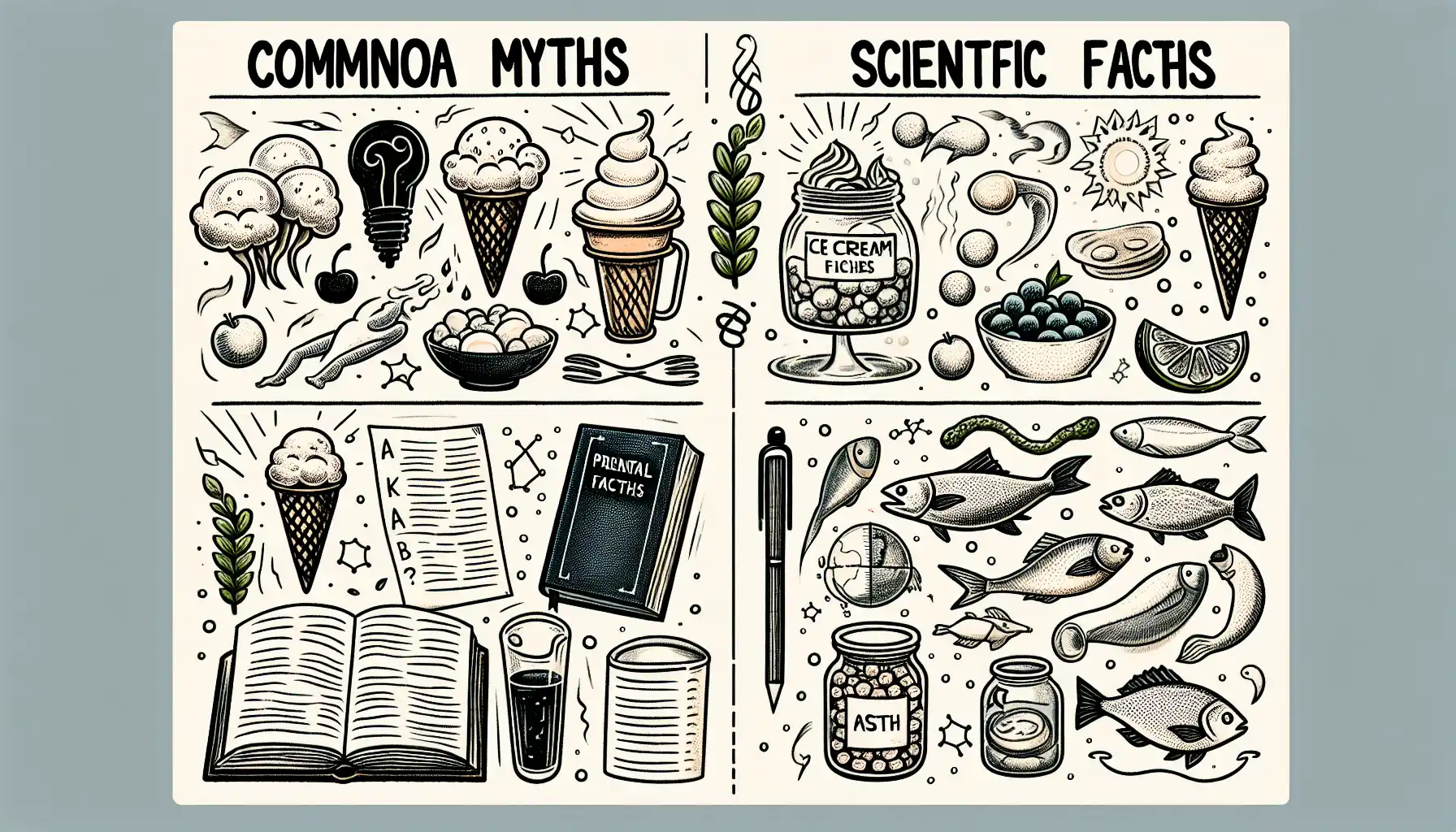Effective Communication with Your Pediatrician
Understanding the Role of Your Pediatrician
First and foremost, it’s essential to understand the role of a pediatrician in your child’s life. Pediatricians are not just doctors; they are partners in your child’s health journey from birth through adolescence. They provide preventative health maintenance for healthy children and medical care for those who are ill. Building a relationship based on trust and open communication with your pediatrician can make a difference in your child’s health outcomes.
Preparing for Pediatrician Visits
Preparation is key when it comes to pediatrician visits. A well-prepared parent may give vital data to the pediatrician. By this they allow the doctor to make informed decisions about the child's health.

Keeping Track of Health Records and Concerns
Always keep an updated record of your child’s health, including a list of vaccinations, past illnesses, medications, and any allergic reactions. Also, note any concerns or symptoms you have observed in your child. This can include changes in appetite, behavior, sleep patterns, or any unusual symptoms.
Preparing a List of Questions
Before your visit, prepare a list of questions or concerns you have. This can range from general health advice to specific queries about your child's development. Having a list ensures that you don't forget to ask important questions during the visit.
Effective Communication During Appointments
Effective communication is a two-way street. It involves both listening and sharing information.
Sharing Complete and Honest Information
Always provide complete and honest information about your child's health and lifestyle. This includes dietary habits, physical activity, and any family history of illnesses. The more information the pediatrician has, the better they can understand and treat your child.
Active Listening and Asking for Clarifications
Listen actively to what the pediatrician says. Don’t hesitate to ask for clarifications if something is not clear. Understanding the pediatrician’s advice is crucial in managing your child’s health.
Discussing Treatment Plans and Follow-ups
Discuss the recommended treatment plans in detail. Understand the purpose and the expected outcomes of any medication or therapy. Also, clarify the follow-up procedures and any signs you need to watch for at home.
Building a Long-term Relationship
A long-term relationship with your pediatrician can greatly benefit your child's health journey.
Try to see the same pediatrician for each visit. This allows the pediatrician to get to know your child and understand their health history comprehensively, which is crucial for continuity of care.
Feedback and Trust
Provide feedback about treatments and share any concerns openly. Trust is a critical component of this relationship. If you have doubts about the pediatrician’s advice, discuss them directly.

Utilizing Technology for Better Communication
Leverage technology to enhance communication. Many pediatricians now offer digital services like patient portals, where you can access medical records, schedule appointments, and sometimes even communicate directly with the pediatrician.
Benefits of Digital Health Records
Digital health records are an excellent tool for keeping track of your child’s health history. They provide easy access to vaccination records, growth charts, and past medical history, which can be invaluable during medical emergencies or new consultations.
Telehealth: A Convenient Alternative
Telehealth services can be a convenient option for follow-up consultations or for discussing minor concerns. It saves time and can be especially useful for busy parents.
Fostering Effective Communication for Your Child's Health
Effective communication with your pediatrician is essential for your child's health and well-being. Being prepared, sharing information openly, and building a long-term relationship based on trust can significantly enhance the quality of healthcare your child receives. Embrace the role of being an informed and proactive parent – it is one of the best gifts you can give to your child.



